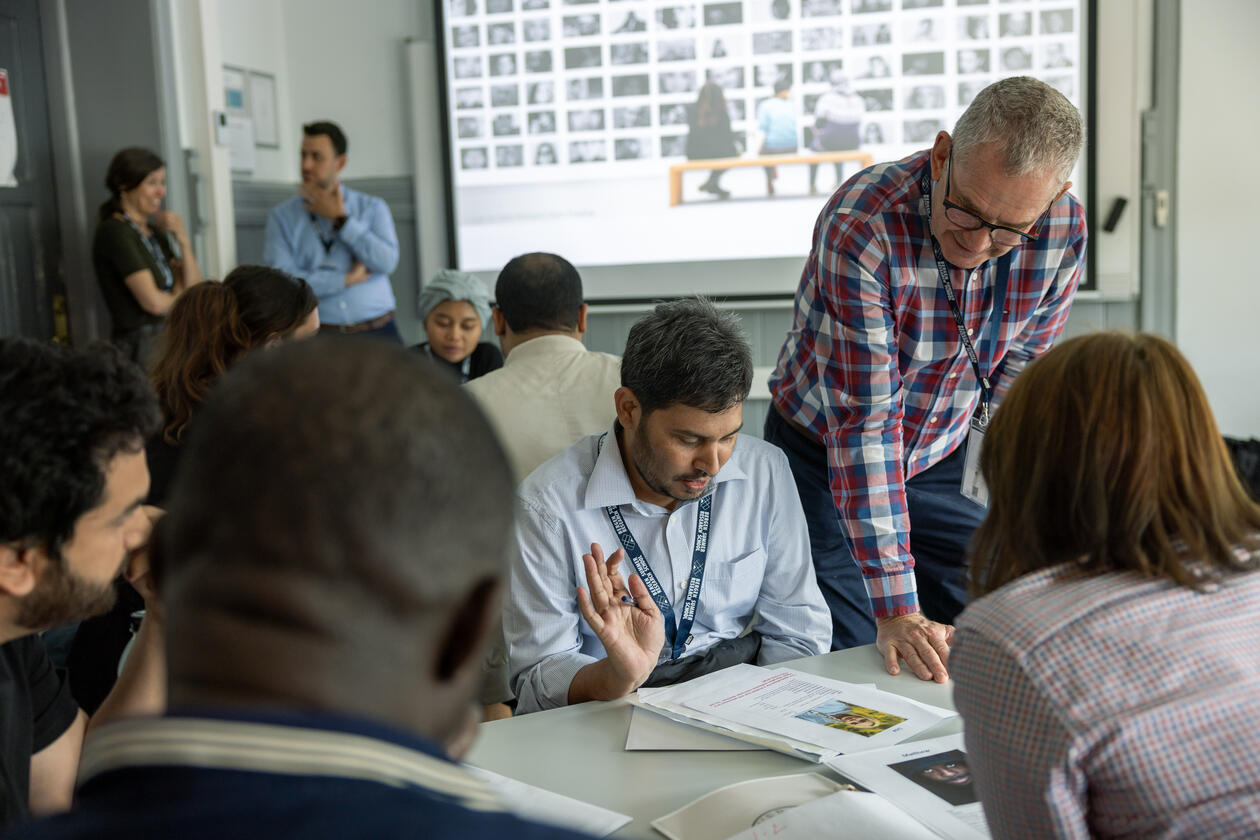Exploring alternative directions towards a sustainable future
“The fact that we have just five years left to reach the Sustainable Development Goals should give us reason to pause — can we not do better?” asks Professor Birgit Kopainsky, who will lead Bergen Summer Research School 2025.

Hovedinnhold
Birgit Kopainsky, professor in system dynamics at the University of Bergen, believes that if we are serious about transitioning to a sustainable future — one where the climate is in balance, the natural environment can support us all, and no one falls short on life’s essentials — we need to welcome disruptive and radical change.
“We cannot rely on current policies and present ways of thinking. We need to seek out the people most affected by these transitions and together find the best way through the changes. In this way we can create the momentum needed for systemic shifts.”
Professor Kopainsky is the scientific director of Bergen Summer Research School 2025, which will take place in Bergen 10-20 June 2025.
The theme is Systems perspectives on sustainability and justice, and she has invited some of Norway’s leading researchers to organise a series of parallel PhD courses on alternative directions towards a sustainable future.
Challenge assumptions and worldviews
“Progress for many of the SDGs is slow at best, so we must do things differently. Next summer we will focus on systems thinking and look at alternative ways of thinking,” says Kopainsky.
System dynamics is an approach used for strategy and policy design. The main goal is to help people make better decisions when confronted with complex, dynamic systems. The approach stimulates and facilitates inter- and transdisciplinary work and education and provides methods and tools to model and analyse dynamic systems.
“Next summer I want to investigate how we can create conditions for sustainability to emerge. To reach sustainability we need fundamental shifts, sweeping transitions and radical innovations, which will, if unmitigated, cause injustices and reinforce existing inequalities,” says Kopainsky.
She wants to use the summer school to explore approaches and tools that help identify who will benefit from such disruptions — and who will pay.
“You cannot create lasting change without stakeholder engagement and recognising the different voices involved. Decisions cannot be made over the heads of the people affected.”
“Applied correctly, systems thinking and related approaches hold the power to create the change we need. We will investigate value systems, decolonial approaches, and new ways of knowing,” says Kopainsky.
| BSRS is a collaboration between Western Norway University of Applied Sciences, NHH Norwegian School of Economics, Chr. Michelsen Institute, and NORCE, under the leadership of UiB. |

